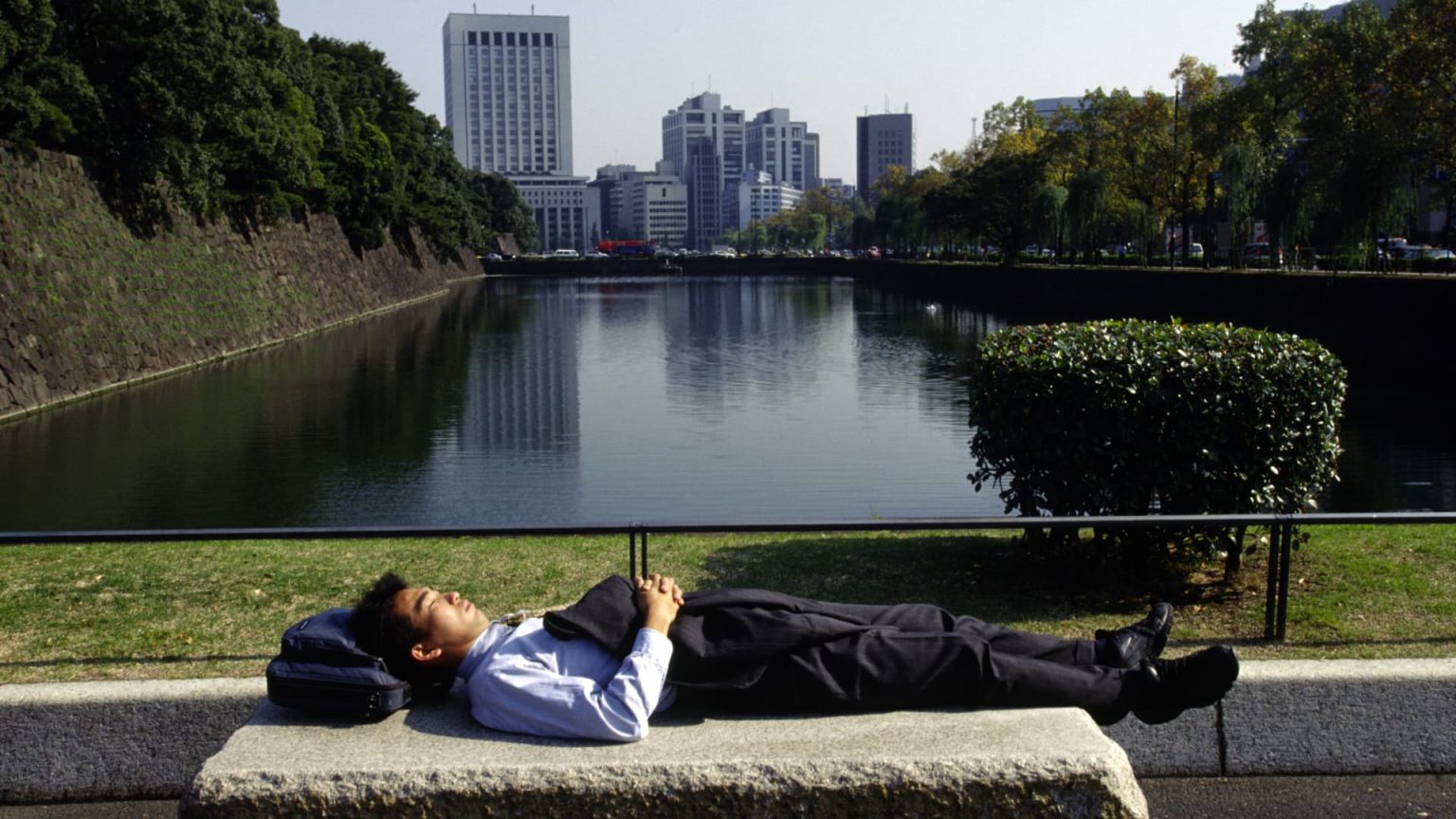Japan is known for its hardworking culture, with a term for working oneself to death. In an effort to address a labor shortage, the Japanese government has expressed support for a shorter working week in 2021. However, only a small percentage of companies in Japan currently allow for employees to take three or more days off per week. The government has launched a “work style reform” campaign to promote shorter hours, overtime limits, and paid annual leave, in an attempt to motivate more companies to adopt four-day workweeks.
The government’s campaign aims to create a society where workers can choose from various working styles based on their circumstances. However, the initiative has faced challenges, with only three companies requesting advice on making changes so far. Despite Panasonic Holdings Corp. offering employees the option of four-day schedules, only a small number of employees have opted to take them. Japan’s culture of workaholic stoicism and pressures to sacrifice for one’s company have traditionally discouraged shorter working hours.
Japan has a culture of long hours and conformity, where taking vacations is often done en masse to avoid being criticized by coworkers. The country has a high rate of karoshi, or death from overwork, with at least 54 fatalities reported annually. Changing the mindset around work is seen as crucial to maintaining a viable workforce, especially as Japan’s birth rate declines. Proponents of the three-days-off model believe it can encourage people looking for flexibility or additional income to remain in the workforce for longer.
Companies like Fast Retailing Co., Shionogi & Co., Ricoh Co., and Hitachi have begun offering four-day workweeks in recent years. Even industries like finance have started implementing shorter work schedules. Critics of the government’s push argue that employees on four-day schedules often end up working just as hard for less pay. However, there are signs of change, with companies like NS Group offering various scheduling patterns and allowing employees to choose how they want to work.
A Gallup survey ranked Japan as having among the least engaged workers globally, with only 6% of Japanese respondents describing themselves as engaged at work. Kanako Ogino, president of NS Group, believes offering flexible hours is essential for filling service industry jobs, where women make up a significant portion of the workforce. Ogino allows employees to choose from 30 different scheduling patterns, including a four-day workweek, to ensure individual needs are met. In a culture that values sacrificing for the common good, Ogino’s approach bucks the trend, emphasizing the importance of work-life balance.


